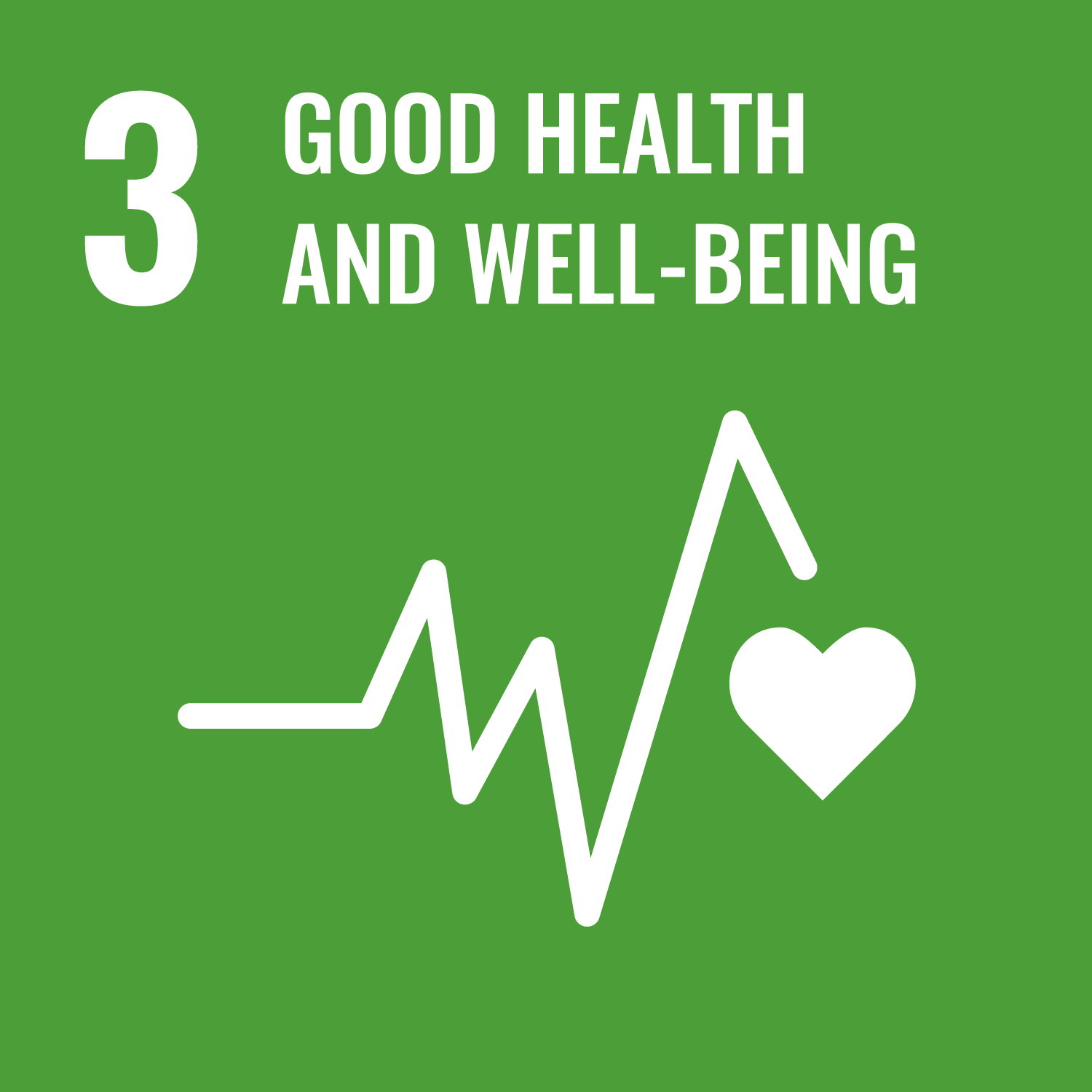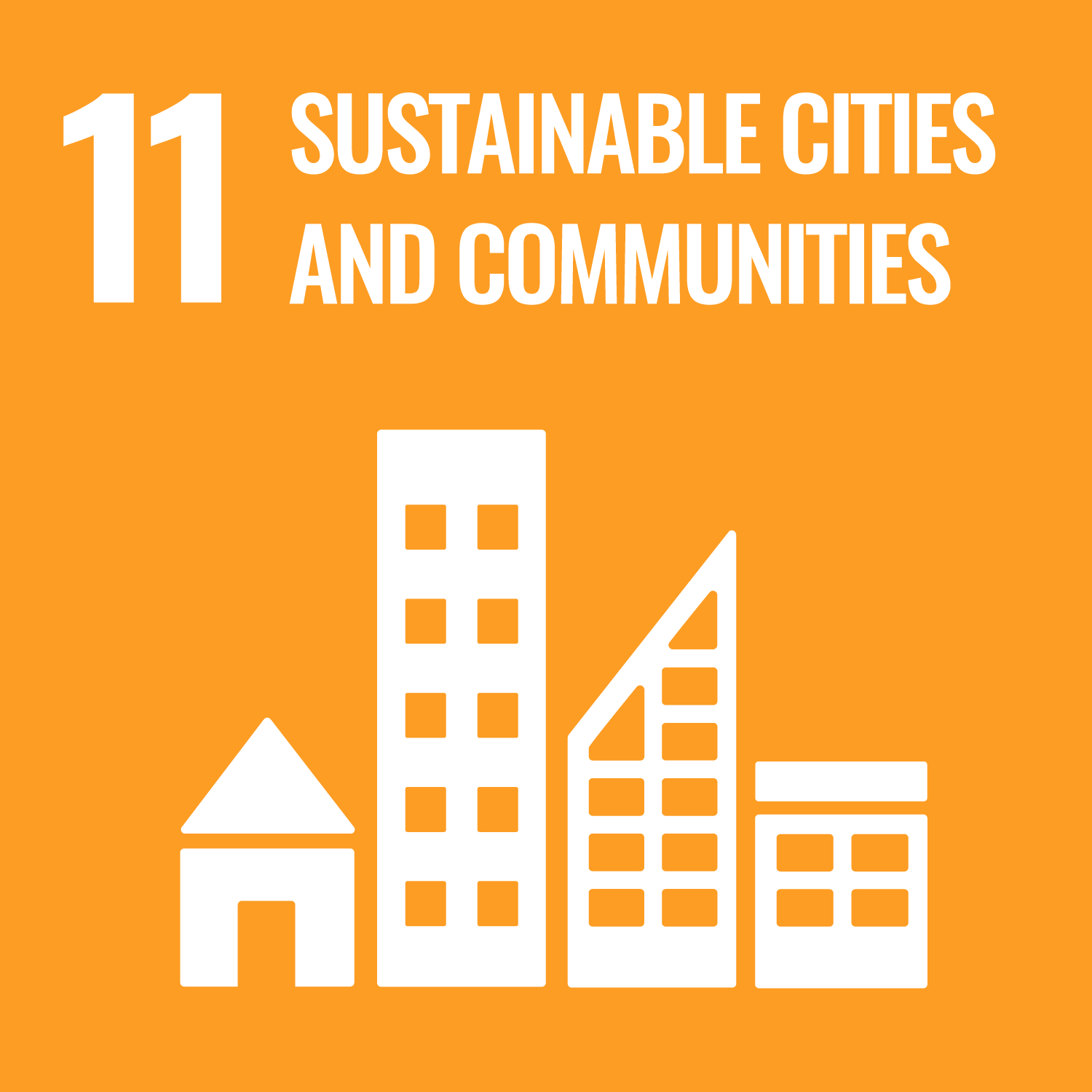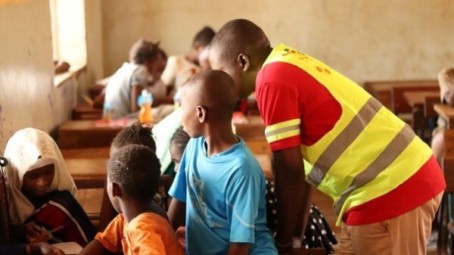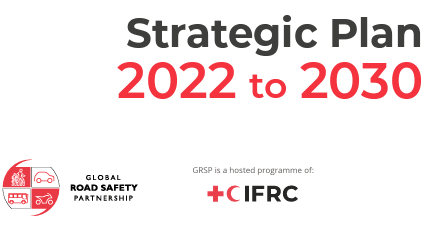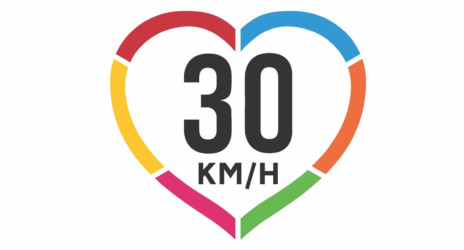Renault’s active approach for road safety in MENA
For Renault, road safety is a strategic priority and a long-term commitment. It is also a cornerstone of their corporate culture. Claire Martin, Vice President Corporate Social Responsibility and Managing Director of the Renault Foundation, explains how these beliefs are turned into action. In an interview with GRSP, Mrs. Martin provided insight on the recently launched Masters programme in Road Safety sponsored by Renault, and also discussed the importance of social investment as a leading automotive car manufacturer.
Q: Is this the first time that Renault is sponsoring a university curriculum focused on road safety?
The topic of road safety education has been the focus of the initiative, Safety and Mobility for all. Yet our initiative to promote road safety via a university curriculum is indeed the first of its kind. Prior to the Masters, higher education programs suggested by the Renault Foundation were related to the following topics: multicultural management and sustainable mobility. In the area of multicultural management, Renault has supported an international management MBA titled, Management International, in partnership with the University Paris-Dauphine and l’IAE-Sorbonne. There is also the Chaire Renault for Multicultural Management and Corporate Performance with the Polytechnique and HEC. Renault has supported sustainable mobility through two masters; one dedicated to Transport and Sustainable Development, and the second dedicated to Mobility and Electrical Vehicles, in partnership with Paris-Tech (Ponts, Mines, Arts et Métiers, ENSTA, Polytechnique).
Q: What motivated Renault to initiate the programme?
It was largely inspired by Renault’s board of directors, who had expressed the desire that the Renault Foundation’s activities transcend borders. Moreover the establishment of the chair and of the road safety lies within the framework of our Social Responsibility Policy, of which road safety constitutes one of the major axes.
Q: What role has GRSP played in the elaboration of the curriculum?
GRSP advised us effectively on the engineering and educational content of the curriculum, ensuring that we did not exclude any of the 5 pillars of the UN “Decade of Action 2011 – 2020” programme. And in some fields corresponding to GRSP expertise, GRSP staff will serve as guest lecturers with our academic partner, Saint Joseph University.
Q: Why did Renault choose Lebanon to host the masters?
Our chair project targets the MENA region – starting from the Maghreb to the Gulf countries, and passing by the Levant. Lebanon is at the heart of this geographical zone, and Renault values it richness as a meeting point of cultures and civilizations. In addition, Renault wishes to strengthen our already-existing ties with Saint Joseph University, whose reputation in the region for multidisciplinary excellence remains strong for more than 150 years.
Q: What can you tell us about the social commitment of Renault in the MENA region, particularly as it relates to road safety?
Our action in Morocco is a good example. The recent industrial establishment of Renault in Tangier has an important social aspect, which is centered on local development and road safety at a national level. In the region of Tangier, we aim to develop infrastructure in a way that will secure the logistical flows (heavy weights), as well as the flow of travel of factory employees using the road.
At a national level, road safety activities will be implemented with GRSP/ GRSI, and the corporate social responsibility management of at Renault aims to strengthen the initiative, “Safety and Mobility for all”.
Finally, we have established a strong foundation with the National Committee for the Prevention of Road Accidents (CNPAC), in addition to various local stakeholders in road safety, in order to ensure that Moroccan nationals from the Masters programme are integrated into society through either private or public training or work opportunities.
Q: According to Renault, what is the importance of partnership in road safety?
A: Renault refuses to accept that insecurity on the roads and its resulting deaths and injuries are the toll that civil society must pay – especially for states that wish to access development and mobility. Carlos Ghosn, Chairman and CEO of Renault-Nissan affirms this belief as he explains, “because Renault as an automobile manufacturer is part of the problem, it is our responsibility to also be part of the solution”.
